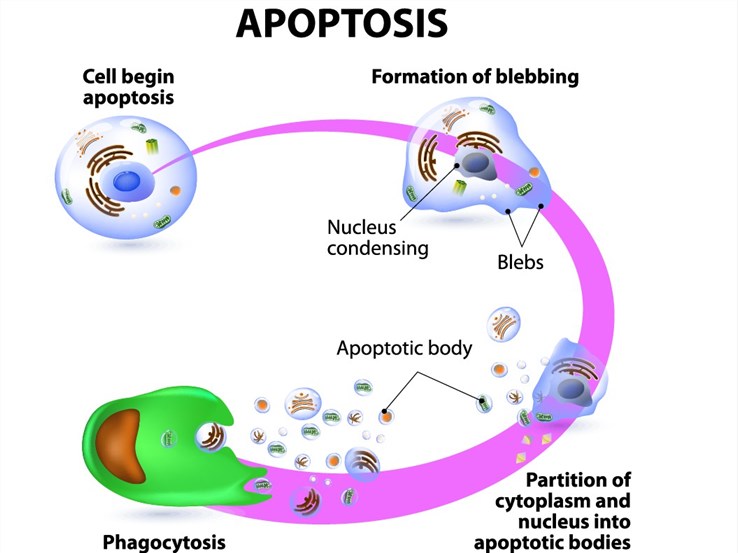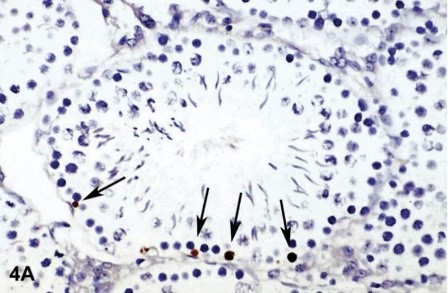Apoptosis, or programmed cell death, eliminates damaged, infected, or redundant cells and is a growth-limiting regulatory mechanism. Apoptosis is clearly distinguished from other types of cell death by the presence of distinct morphological changes, including cell shrinkage, chromatin condensation, loss of nuclear membrane integrity, plasma membrane blebbing, and formation of apoptotic bodies, and apoptosis is more regulated. The ability of tumor cells to evade apoptosis is a hallmark of most cancer types. Apoptosis consists of early, mid and late-stage cellular events involving multiple signaling pathways related to mitochondrial depolarization, caspase-related caspase cascades, DNA fragmentation and ultimately cellular blebbing and destruction. The study of apoptosis can improve our understanding of developmental pathways, the mechanisms of action of biologics, and related functions of the immune system. At present, there are many cell detection methods to detect apoptosis, including Annexin V, Caspase and TUNEL and other detection methods.


As protein degraders technology has become an emerging strategy for drug development, the toxicological issue is one of the main challenges for protein degraders application in drug delivery at present. Cytotoxicity assay is a common method to study the toxicity of molecules in cellular systems, and Profacgen offers apoptosis assays to help our customers address this issue in vitro. We provide different detection methods for different stages of apoptosis, including but not limited to:
Annexin V Assay: translocation of phosphatidylserine to exposed membrane surfaces is an early event in apoptosis that serves as a signal for the attack by phagocytic cells. Annexin can specifically bind to cellular membranes, and annexin V has a very high affinity for membranes containing the phospholipid phosphatidylserine.
Caspase Detection Assay: the cascade of proteolytic enzymes called caspases is a central component of the apoptotic process, and the cleavage of protein substrates it induces leads to cell disintegration. Caspase enzymes specifically recognize a 4 or 5 amino acid sequence on the target substrate, which necessarily includes an aspartic acid residue. This residue is the target of cleavage, which occurs at the carbonyl terminus of the aspartic acid residue.
TUNEL Assay: DNA fragmentation is a hallmark of late-stage apoptosis, DNA strand breaks can be in situ stained using the TUNEL assay.
Profacgen has accumulated lots of experience in PROATCs. Our professional technical team can provide customers with high-quality apoptosis assays and many related featured services. Our competitive prices and extensive expertise have earned us the trust of our collaborators. Contact us to find out how Profacgen could be of assistance.
Reference
Fill out this form and one of our experts will respond to you within one business day.